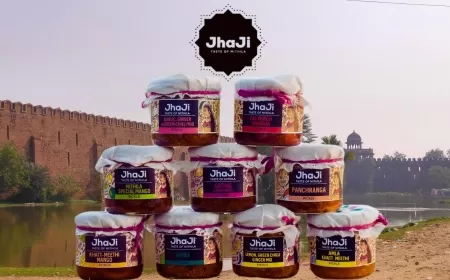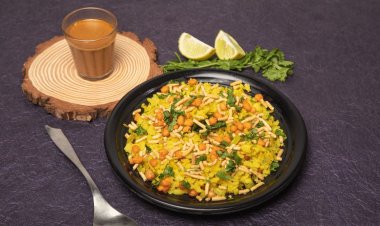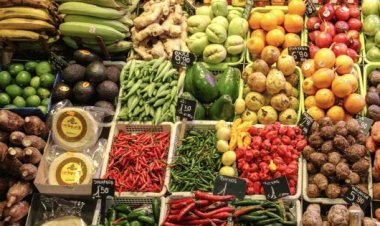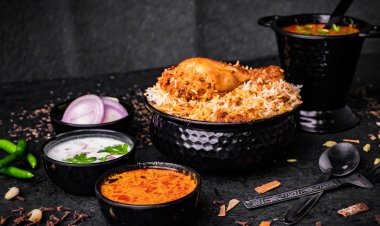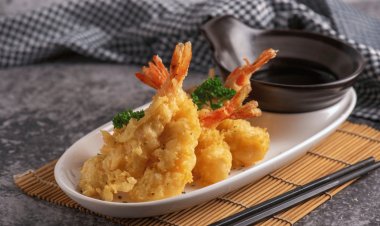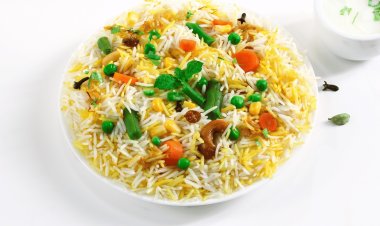Amid India's Rice Export Ban, NRIs Flock to US Grocery Stores for Rice Supplies
The Indian government's restriction on non-basmati white rice export leads to an unprecedented rush among Non-Resident Indians (NRIs) in the US and Canada to stock up on their cultural staple. Read about this captivating spectacle and the measures taken to stabilize rice prices in India.

An unprecedented influx of Non-Resident Indians (NRIs) have been seen rushing grocery store aisles throughout the country in a spectacular demonstration of cultural preservation and cohesion. Their objective? In a desperate race against time, to preserve a key component of their cultural legacy. India recently imposed an unexpected restriction on rice exports, which caused the Indian diaspora to go on a collective search to stock up on their favorite grain hundreds of miles away from home. This compelling spectacle is the result of this extraordinary development.
Following the Indian government’s Thursday, July 20, restriction on the export of non-basmati white rice, thousands of NRIs in the United States and Canada flocked to grocery stores to restock their stocks of rice.
The Center made this choice in an effort to stabilize the fluctuating prices throughout the nation. Due to unusually heavy rain in the rice-producing states of north India and a lack of precipitation in other regions of the nation, rice output has been negatively damaged. The restriction does not apply to parboiled rice, though, as the government has decreed.
The embargo was implemented, according to the Centre, to “ensure adequate availability of non-basmati white rice in the Indian market and to allay the rise in prices in the domestic market,” The Hindu said.
Bags of rice reportedly raced off shelves at grocery shops throughout the US, with most of the customers being Asians as it is a basic diet for them.
One such allegation indicated that a store owner in Ohio’s Mason town implemented rationing by ordering customers to limit their purchases to one bag of regular white rice, measuring 9.07 kg and costing $24. This was done because the business was unable to satisfy the demands of “panic buying.”
What's Your Reaction?
 Like
1
Like
1
 Dislike
0
Dislike
0
 Love
0
Love
0
 Funny
0
Funny
0
 Angry
0
Angry
0
 Sad
0
Sad
0
 Wow
0
Wow
0














